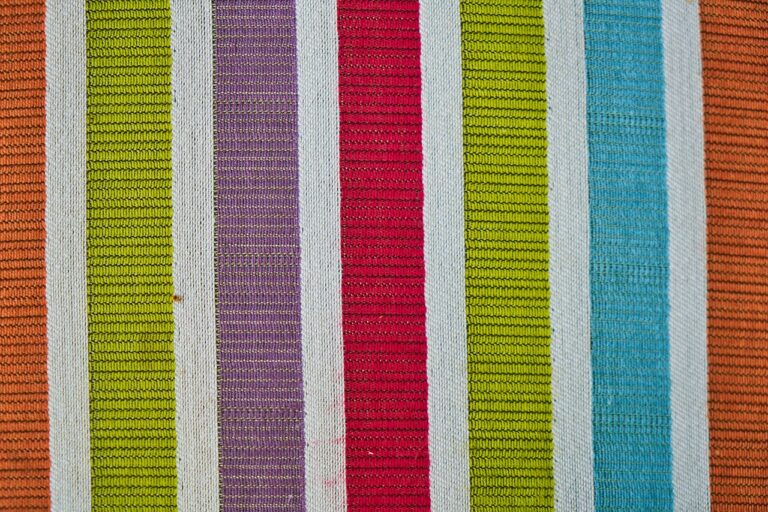Fashion Retailers’ Strategies for Reducing Plastic Pollution: 11xplay pro, Diamondexch9, Sky exchange bet
11xplay pro, diamondexch9, sky exchange bet: Fashion retailers are increasingly being held accountable for their contributions to plastic pollution. With the fashion industry being one of the biggest contributors to the global plastic waste crisis, it has become imperative for retailers to implement strategies to reduce their plastic footprint. In this article, we will explore some effective strategies that fashion retailers can adopt to minimize plastic pollution.
1. Sustainable Material Alternatives
One of the most straightforward ways for fashion retailers to reduce plastic pollution is by switching to sustainable material alternatives. This can involve using organic cotton, bamboo, hemp, or recycled polyester instead of traditional plastic-based fabrics. By incorporating these materials into their clothing lines, retailers can help reduce the demand for virgin plastics and decrease their overall environmental impact.
2. Packaging Reforms
Another significant source of plastic pollution in the fashion industry is packaging. From plastic bags to polythene wraps, retailers use a vast amount of plastic packaging materials that often end up in landfills or oceans. By implementing packaging reforms such as using biodegradable or compostable materials, retailers can significantly reduce their plastic waste output and promote sustainability.
3. Circular Economy Practices
Embracing circular economy practices is another effective strategy for fashion retailers to reduce plastic pollution. By designing products with longevity in mind and encouraging customers to repair, reuse, or recycle their clothing, retailers can minimize the amount of plastic waste generated throughout the lifecycle of their products. This can help create a more sustainable and circular fashion system that reduces reliance on single-use plastics.
4. Collaboration with Suppliers
Fashion retailers can also work closely with their suppliers to reduce plastic pollution. By setting strict guidelines and requirements for sustainable practices, retailers can encourage suppliers to adopt eco-friendly manufacturing processes and materials. This collaboration can help create a more sustainable supply chain that prioritizes environmental conservation and reduces the overall plastic footprint of the fashion industry.
5. Recycling Programs
Implementing recycling programs is another effective strategy for fashion retailers to reduce plastic pollution. By offering in-store recycling bins or partnering with recycling facilities, retailers can encourage customers to return their used clothing and packaging for recycling. This can help divert plastic waste from landfills and promote a more circular approach to fashion consumption.
6. Consumer Education
Lastly, educating consumers about the importance of reducing plastic pollution is key for fashion retailers. By raising awareness about the environmental impact of plastic waste and promoting sustainable shopping habits, retailers can empower consumers to make more conscious purchasing decisions. This can ultimately lead to a shift towards a more sustainable and plastic-free fashion industry.
In conclusion, fashion retailers have a crucial role to play in reducing plastic pollution and promoting sustainability within the industry. By implementing strategies such as using sustainable materials, reforming packaging practices, embracing circular economy principles, collaborating with suppliers, implementing recycling programs, and educating consumers, retailers can make a significant impact on reducing their plastic footprint. Together, we can work towards a plastic-free future for the fashion industry.
FAQs
Q: What are some examples of sustainable materials that fashion retailers can use to reduce plastic pollution?
A: Some examples of sustainable materials that fashion retailers can use include organic cotton, bamboo, hemp, and recycled polyester.
Q: How can consumers support fashion retailers in their efforts to reduce plastic pollution?
A: Consumers can support fashion retailers by choosing to shop from brands that prioritize sustainability, recycling their clothing and packaging, and advocating for plastic-free practices within the industry.
Q: Why is reducing plastic pollution important for the fashion industry?
A: Reducing plastic pollution is crucial for the fashion industry as it helps minimize the environmental impact of clothing production and consumption, conserves natural resources, and protects ecosystems and marine life from plastic waste.







